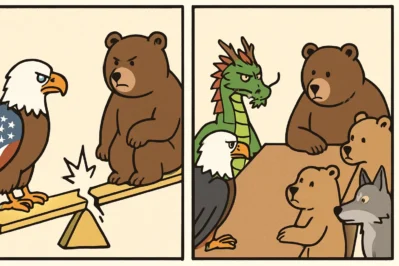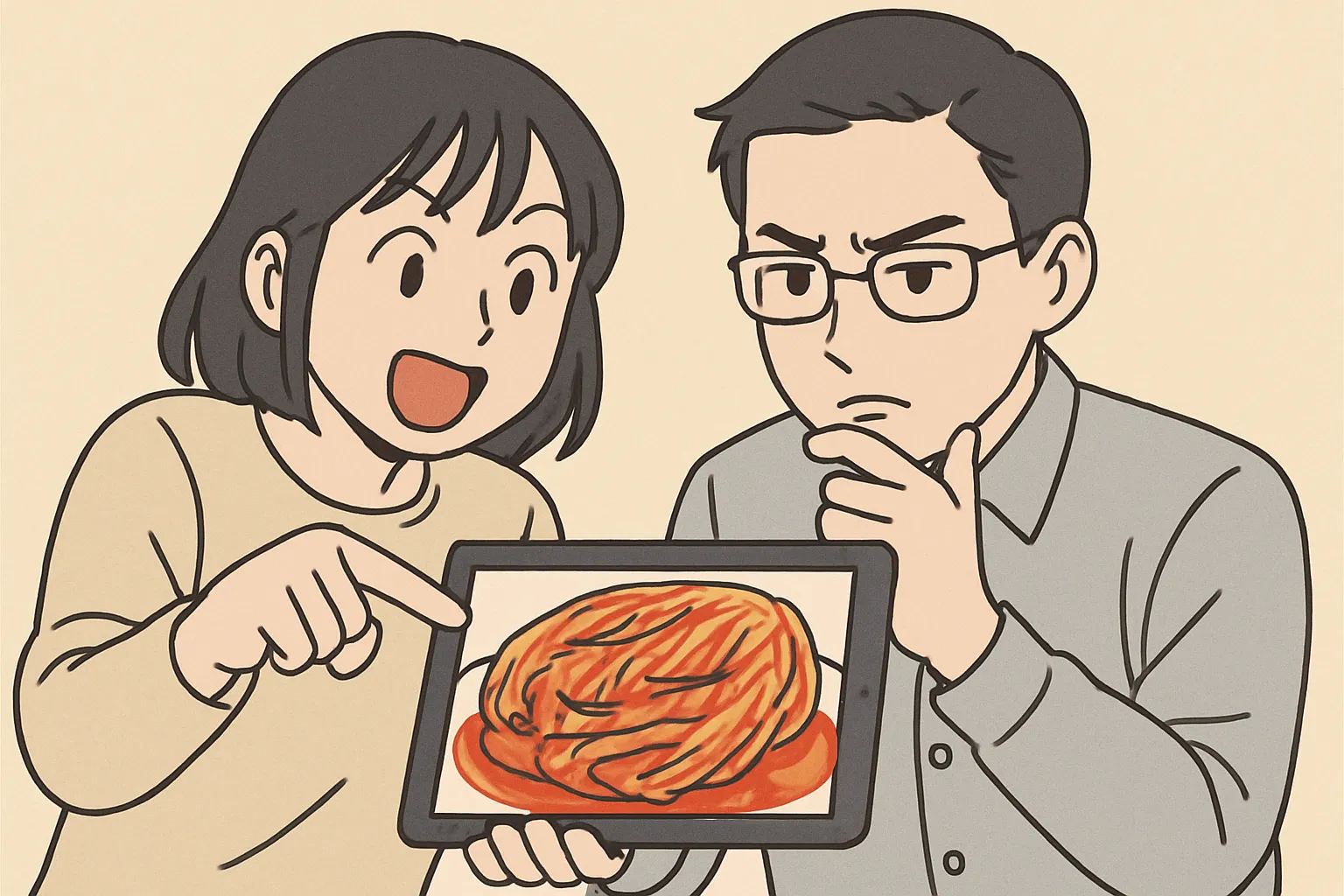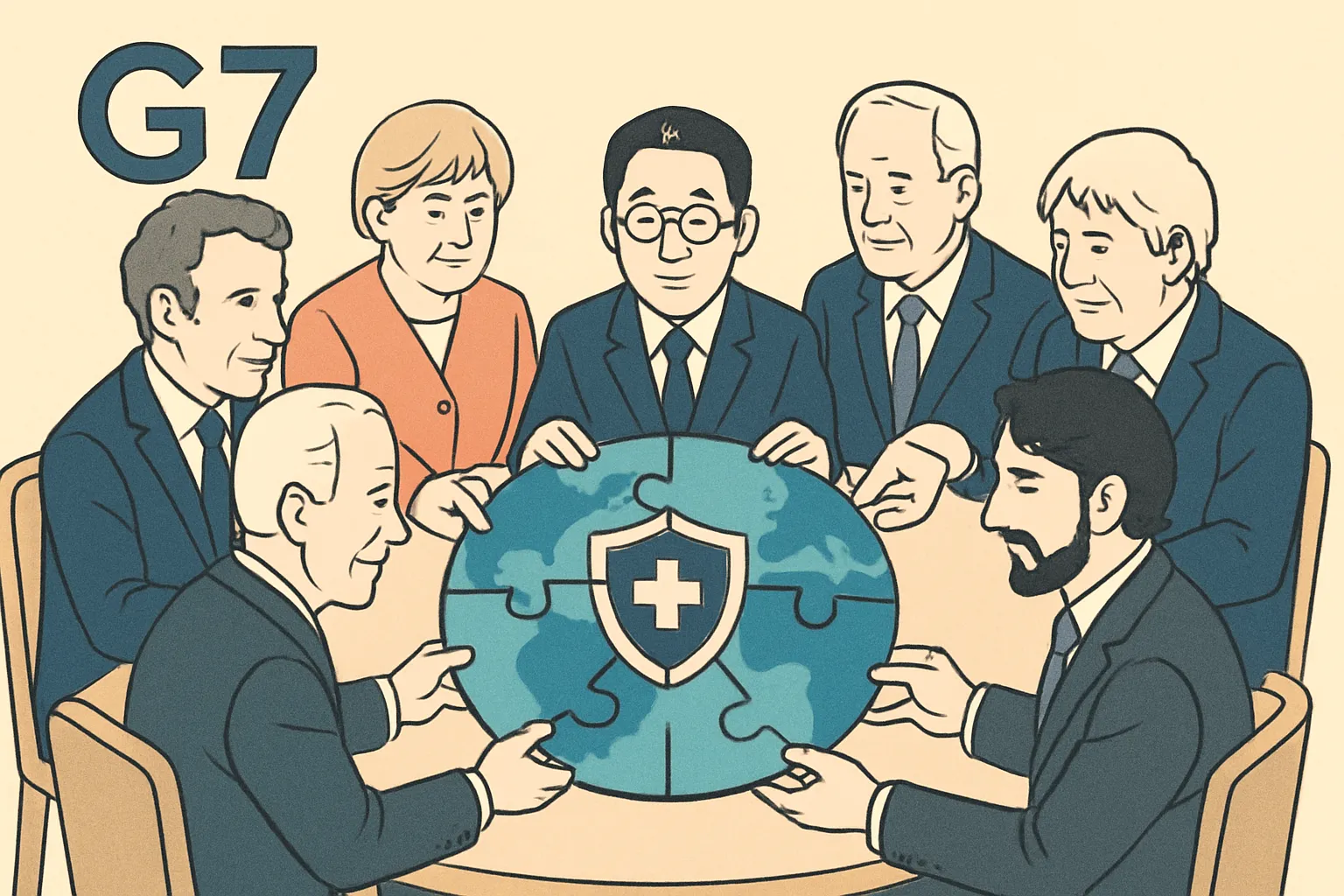From Bipolar to Multipolar: Discussing the End of the Cold War in Advanced Korean
Hello! This is Maeil Hangul, here to upgrade your Korean skills to an expert level!
Are you ready to move beyond everyday conversation and dive into complex historical and political discussions? Today, we’re tackling a major topic: the dissolution of the Soviet Union and the subsequent shift in the global order. Lately in Korea, as the world navigates new geopolitical challenges, there’s a renewed academic and public interest in understanding the dynamics of the post-Cold War era. Mastering the vocabulary to discuss this period will not only elevate your Korean but also allow you to participate in high-level intellectual conversations. Let’s get started!
Key Expressions for Historical Analysis
Here are the essential terms you need to sound like a history professor when discussing the 20th century.
1. 이데올로기적 대립 (Ideological Confrontation)
* Pronunciation [Romanization]: I-de-ol-lo-gi-jeok dae-rip
* English Meaning: Ideological confrontation / Ideological conflict
* Detailed Explanation: This is a core concept for understanding the Cold War. It refers to the fundamental conflict between the two opposing ideologies: the liberal democracy and capitalism (자유민주주의와 자본주의) of the West, led by the US, and the communism (공산주의) of the Eastern Bloc, led by the USSR. ‘대립’ (daerip) implies a sharp, sustained opposition, making this phrase perfect for describing the deep-seated rivalry that defined the era.
2. 체제 경쟁 (Systemic Competition)
* Pronunciation [Romanization]: Che-je gyeong-jaeng
* English Meaning: Competition between systems
* Detailed Explanation: This term goes beyond military rivalry. ‘체제’ (cheje) means ‘system’ (political, economic, social), and ‘경쟁’ (gyeongjaeng) means ‘competition’. The Cold War was a massive ‘체제 경쟁’ to prove which system was superior in providing economic prosperity, technological advancement (like the space race), and a better quality of life for its people. This term is crucial for explaining the non-military aspects of the conflict.
3. 다극 체제로의 전환 (Transition to a Multipolar System)
* Pronunciation [Romanization]: Da-geuk che-je-ro-ui jeon-hwan
* English Meaning: The transition to a multipolar system
* Detailed Explanation: This is a fantastic, high-level phrase for describing the post-Cold War world. Let’s break it down:
* 다극 (dageuk): Multipolar (many poles/powers)
* 체제 (cheje): System
* -로의 전환 (-ro-ui jeonhwan): a transition to…
* This phrase contrasts with the ‘양극 체제’ (yang-geuk cheje), or bipolar system, of the Cold War. Using this shows a sophisticated understanding of international relations theory.
4. ~을/를 기점으로 (With ~ as a turning point)
* Pronunciation [Romanization]: ~eul/reul gi-jeom-eu-ro
* English Meaning: With ~ as a turning point; Marking ~ as a pivotal moment.
* Detailed Explanation: This grammatical pattern is used to pinpoint a specific event that caused a major shift or change. ‘기점’ (gijeom) means ‘starting point’ or ‘turning point’. It’s more formal and analytical than simply saying ‘after that event’. For example, “1991년 소련 해체를 기점으로 냉전은 완전히 종식되었다.” (With the dissolution of the Soviet Union in 1991 as a turning point, the Cold War completely came to an end.)
Sample Dialogue: A University Discussion
Let’s see how these expressions are used in a natural, academic conversation between two history students, A and B.
A: 교수님께서 다음 주 세미나 주제로 ‘탈냉전기 국제 질서의 재편’을 주셨어. 소련 해체의 결정적 원인이 무엇이었다고 생각해?
(The professor assigned ‘The Reorganization of the International Order in the Post-Cold War Era’ as next week’s seminar topic. What do you think was the decisive cause of the Soviet Union’s dissolution?)
B: 복합적이지만, 나는 수십 년간 이어진 미국과의 체제 경쟁에서 누적된 경제적 비효율성이 임계점에 도달했다고 봐.
(It’s complex, but I believe the economic inefficiencies accumulated from decades of systemic competition with the US reached a critical point.)
A: 동의해. 결국 근본적인 이데올로기적 대립이 과도한 군비 경쟁을 낳았고, 그게 소련 경제를 무너뜨린 거지.
(I agree. Ultimately, the fundamental ideological confrontation led to an excessive arms race, which in turn collapsed the Soviet economy.)
B: 맞아. 그리고 1989년 베를린 장벽 붕괴를 기점으로 동유럽의 민주화 물결이 걷잡을 수 없게 됐고, 그게 소련의 붕괴를 가속화시켰지. 그 이후 세계는 다극 체제로의 전환을 겪고 있는 거고.
(Exactly. And with the fall of the Berlin Wall in 1989 as a turning point, the wave of democratization in Eastern Europe became unstoppable, accelerating the USSR’s collapse. Since then, the world has been undergoing a transition to a multipolar system.)
Cultural Tip & Deeper Analysis
For Koreans, the Cold War (냉전) is not just a chapter in a history book; it’s a living reality. The Korean Peninsula remains the last frontier of the Cold War, with the division between North and South Korea being a direct and painful legacy of the 이데올로기적 대립.
Therefore, when you hear discussions about ‘탈냉전’ (tal-naengjeon, the post-Cold War era) in Korean news or academic circles, it’s often linked to the topic of Korean reunification (통일) and inter-Korean relations (남북 관계). Understanding terms like ‘체제 경쟁’ is also vital, as the economic and political differences between the two Koreas are often framed in this context. Using today’s vocabulary will allow you to understand and participate in nuanced discussions about not only world history but also the complex realities of modern Korea.
Wrap-up & Practice
Today, we learned some highly advanced vocabulary and grammar to discuss the end of the Cold War and the shifting world order. You’re now equipped to analyze history like an expert!
Let’s test your knowledge:
- Fill in the blank: 냉전 시대의 본질은 자본주의와 공산주의 진영 간의 (__________________)이었다.
(The essence of the Cold War era was the _______________ between the capitalist and communist blocs.) -
Sentence Building: Using the pattern ‘~을/를 기점으로’, write a sentence explaining what changed after the end of the Cold War.
Share your answers and your own analysis of this historical period in the comments below using the expressions we learned today! We’d love to read your thoughts.






